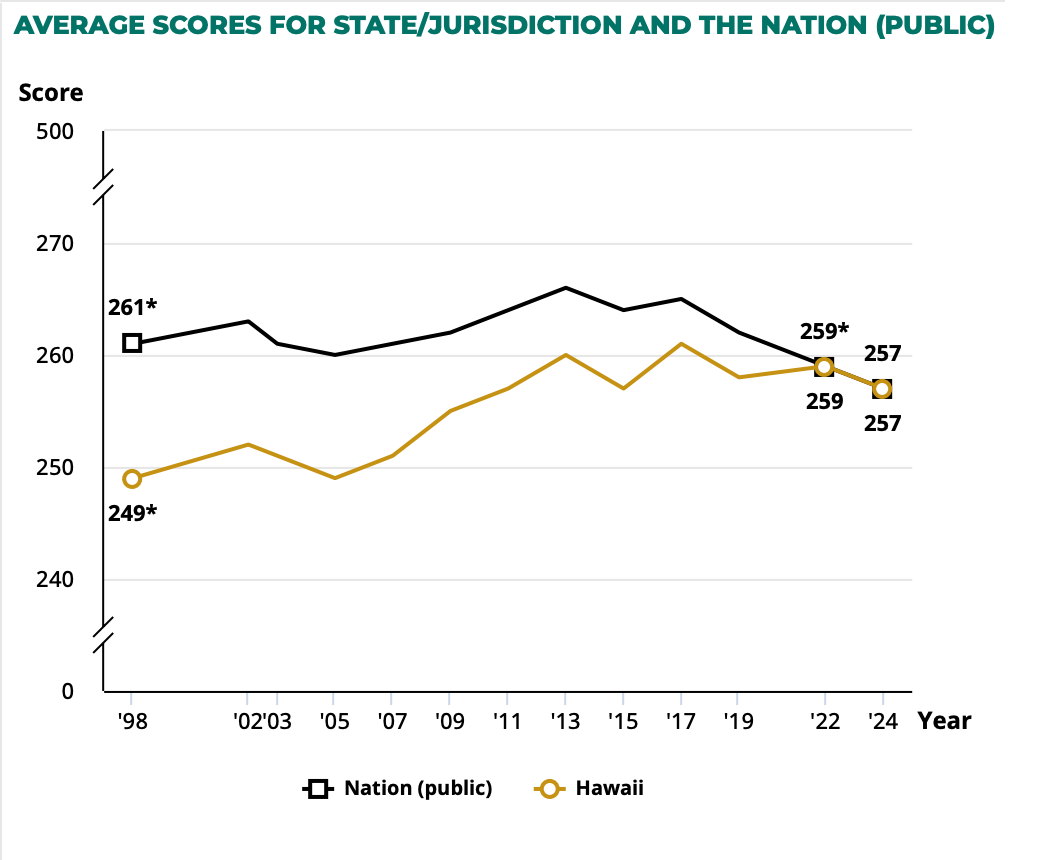Social media can lead to poor mental health, studies show
Illustration of the affects of social media on a teen.
May 10, 2021
At any regular day at Mid-Pacific, many students roam the halls walking from class to class, with their heads tucked downward towards a dimly lit phone screen.
Within the past few decades, social media has become a social norm; however, it carries both pros and cons.
“It was really pressurizing as a high school student especially, because that’s how we communicate- through social media,” said sophomore Kylie Cortez.
A 2019 study revealed that more than 12,000 13-16 year olds in England found that using social media more than 3 times a day can predict a poor mental well-being in teens.
“The biggest thing that I can see in terms of an impact on students, stemming from social media is almost like an inability to detach to the point where it becomes more than a distraction,” said senior class dean Erin Regua.
According to a 2013 study from the Mayo Clinic, adolescents who used the platform to communicate with others and view the posts of their friends didn’t experience a decline in life satisfaction.
“Social media has been a positive experience for me, but sometimes it can be stressful with all that’s going on in the world. Especially since you constantly see violence such as police shootings and global rioting and whatnot, on different apps all the time,” said junior David Robinson.
It is important to set reasonable limits, encourage face to face interaction, and talk about social media to keep yourself safe from negative thoughts that may arise from being on the platform.
“Breaks do wonders for your mental health, especially if you’re addicted or love to just endlessly scroll through Instagram and what not, you usually learn that your time can be spent better doing other things, like your missing assignments or household tasks or hanging out with friends,” said Robinson.
According to Insider, scrolling more than needed on social media can intensify feelings of anxiety, stress, and depression. By taking breaks, you allow yourself to prioritize self care, and make time for the activities you enjoy and improve your mental well being.
“How you see yourself if the most important thing, and at the end of the day it really doesn’t matter to anyone else and that’s hard for young people because the sense of belonging is such a basic human need, acceptance and belonging, but I think before that you have to come to terms with your own self identity,” said Regua.







